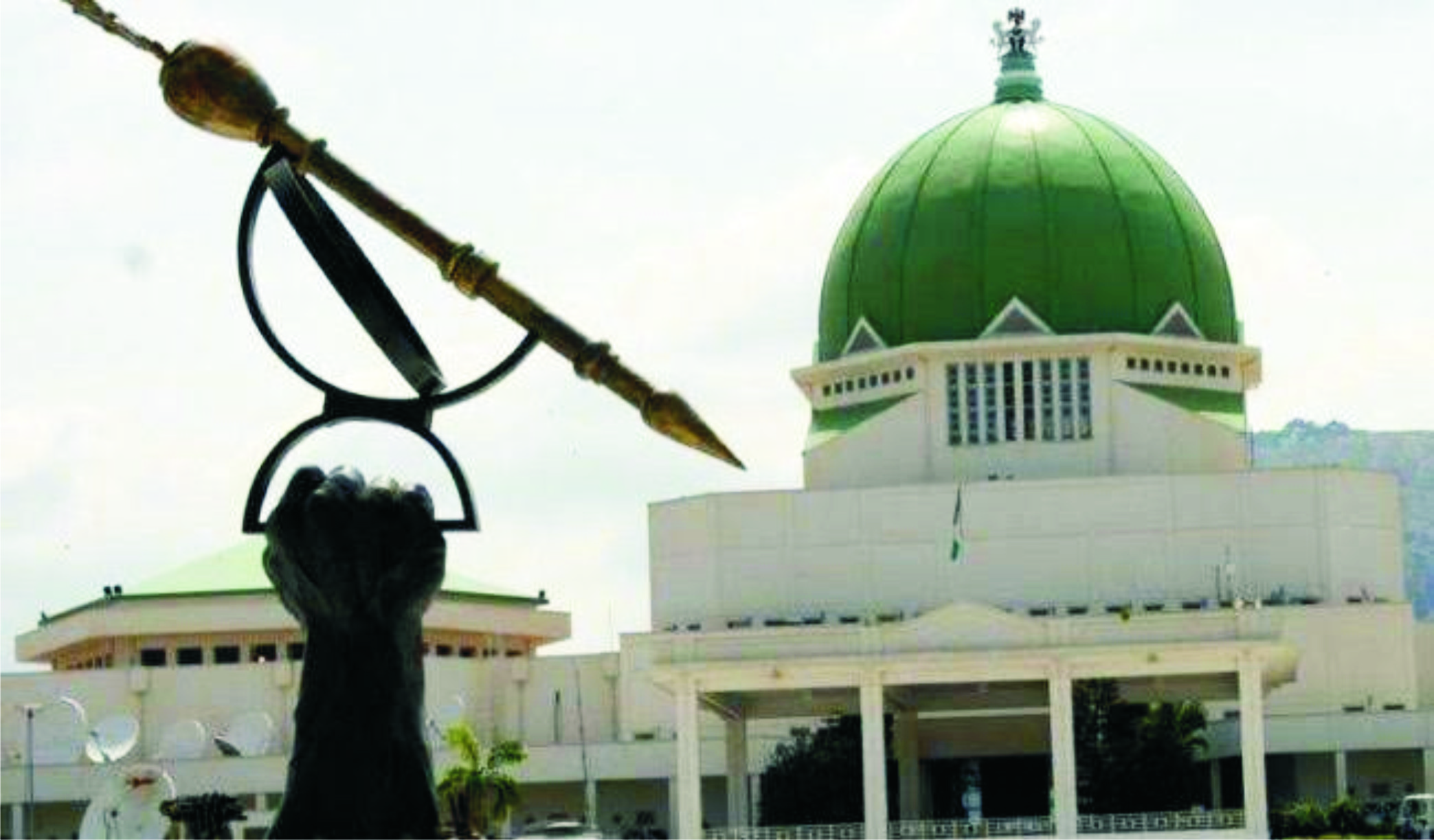Business
NASS Insists On Appropriation Of COVID-19 Donations

The leadership of the National Assembly has insisted that all donations from corporate Nigeria to mitigate the effects of the CORVID-19 pandemic should be in a single account.
The National Assembly also reminded the Presidential Task Force on COVID -19 that according to the Constitution, all funds from the public purse is to be expended in a manner prescribed by the National Assembly.
The leadership of the National Assembly took this position yesterday when it met with the Chairman of the CORVID-19 Presidential Task Force, the Secretary to the Government of the Federation, Mr Boss Mustapha and members of his team.
Senate President, Ahmed Lawan, commended the Presidential Task Force and said further: “We hear of donations made by various corporate organisations. But there is no coordination”.
He said he has information that corporate bodies have gathered up to N22 billion, adding “National Assembly, we have also made donations. I believe we must have a central body to receive and manage the funds.
“Whatever money has been raised by NNPC, the IOCs, everybody, should be in one account. Where the PTF should have a request, it should pass through us.”
The Senate President said a situation “where everybody is just collecting, will put us in a bad shape”.
He noted that in a situation whereby there is paucity of funds and the Federal Government is looking for N500 billion for intervention, the COVID-19 fund should be pooled together and spent in a transparent manner.
Speaker of the House of Representatives, Hon. Femi Gbajabiamila, apparently responding to a statement by the Special Adviser to the President on Social Investments, Hajiya Maryam, said people should not be emotional or personal when NASS demands questions on appropriations.
Uwais had said the inability of certain members of the National Assembly to include their personally selected candidates to be beneficiaries for the National Social Investment Programmes (NSIPs) was largely why the programme came under attack by Lawan and Gbajabiamila.
But Gbajabiamila said: , “It is to the National Assembly that the constitution of the Federal Republic of Nigeria assigns the authority to oversee appropriations from the public purse.
“The appropriation role does not terminate upon passage of the budget. It continues through oversight of disbursements from the federation accounts and implementation of funding priorities.”
Business
Nigeria’s ETF correction deepens as STANBICETF30, VETGRIF30 see 50% decline in a week

Business
BOI Introduces Business Clinic

Business
Dangote signs $400 mln equipment deal with China’s XCMG to speed up refinery expansion

-
Maritime1 day ago
Customs Declares War Against Narcotics Baron At Idiroko Border
-

 Sports1 day ago
Sports1 day agoGombe-Gara Rejects Chelle $130,000 monthly salary
-
Maritime1 day ago
Nigeria To Pilot Regional Fishing Vessels Register In Gulf Of Guinea —Oyetola
-
Maritime1 day ago
NIMASA,NAF Boost Unmanned Aerial Surveillance For Maritime Security
-
Maritime1 day ago
NIWA Collaborates ICPC TO Strengthen Integrity, Revenue
-

 Sports1 day ago
Sports1 day agoTEAM RIVERS SET TO WIN 4×400 ” MORROW” …Wins Triple jump Silver
-

 Sports1 day ago
Sports1 day agoNSC eyes international hosting rights
-
City Crime1 day ago
NCSU Hails Fubara Over 2025 New Telegraph Man Of The Year Award

